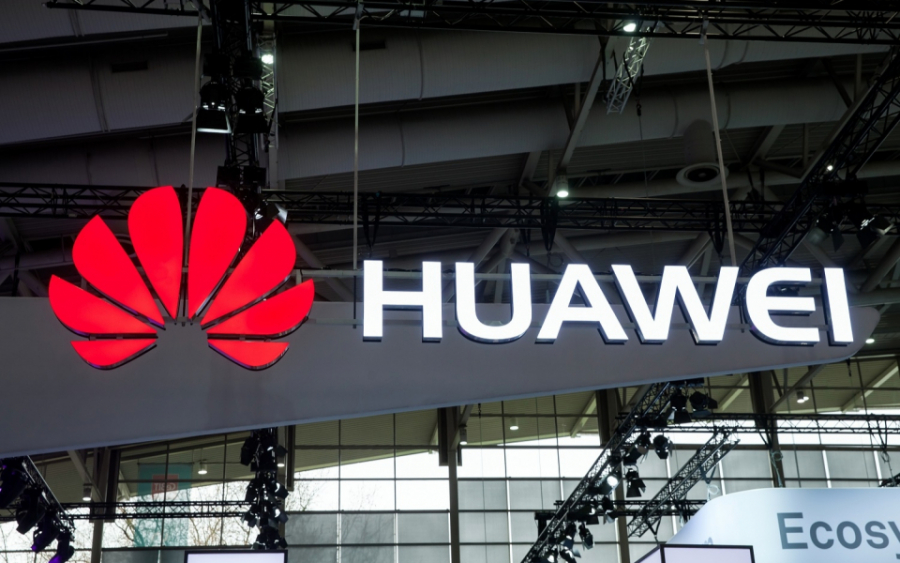At the beginning of August, Huawei and Tencent disputed over using WeChat user data. Both companies are headquartered in Shenzhen and are leaders in their respective industries. Huawei, 83rd in the Global Fortune 500, is the world's largest maker of telecommunications equipment. Tencent, which is listed on the Hong Kong exchange, owns China's largest social network, WeChat.
Honor Magic, made by Huawei, is a luxury smartphone that's only available in China, where it was advertised as intelligent and futuristic, with its eyetracking algorithm and fingerprint reader. It employs WiseScreen technology with user recognition: to unlock your phone, all you have to do is look at it. FaceCode ensures that sensitive content, such as new message notifications, are displayed only to the owner of the phone. This is Huawei's most advanced phone, unveiled after almost two years of research, and its most pervasive use of A.I. so far.

Huawei keeps track of information on lifestyle and consumer habits in apps using artificial intelligence. Magic Live technology, a feature of the smartphone, keeps an eye on user behavior and guesses a user's needs based on time, place and activity, like giving move recommendations when the user chats with freinds about films. Magic Live uses data collected from other apps, such a mobile payment or ticket booking apps, and wants to analyze messages send via Tencent's WeChat too.
WeChat is the most popular Chinese messaging and social media service, which is used not only to send messages but also make payments via QR code. It has 938 million users and more than 90% of Chinese smartphone market is on WeChat. Some commentators think that opening up WeChat's data to Huawei will have a positive impact on the market, undermining Tencent's monopoly.

However Tencent believes that Huawei is using data that it owns and violating the privacy of its users. It wants the Chinese government to intercede on its behalf. Huawei denies these allegations and says the data is not owned by either Tencent or themselves, but belongs to the user. It is collected only if the user agrees.
This is not the first big data dispute between Chinese tech giants. In June, Alibaba's logistical division

This dispute has become part of a another, larger war between Alibaba and Tencent, with Tencent annoucing it will collaborate with SF Express and support its cloud services. Each of the giants wants control over customer information gathered in the China delivery market.
Experts point out that a lack of regulation is fanning the flames of these disputes, particularly in the mobile phone market. Although a new cyber security law has recently been drafted, its provisions have not yet been set in stone. In this kind of regulatory environment, it's the customer's privacy that's most at risk.
- https://www.wsj.com/articles/two-china-tech-titans-wrestle-over-user-data-1501757738
- http://technode.com/2017/08/07/huawei-and-tencent-data-war/
- https://tutorials.hostucan.com/big-data-war-starts-huawei-tencent-arguing-over-user-data
- http://technode.com/2017/07/04/proxy-data-war-between-tencent-and-alibaba-reaches-official-reconciliation-sf-express-cainiao/














